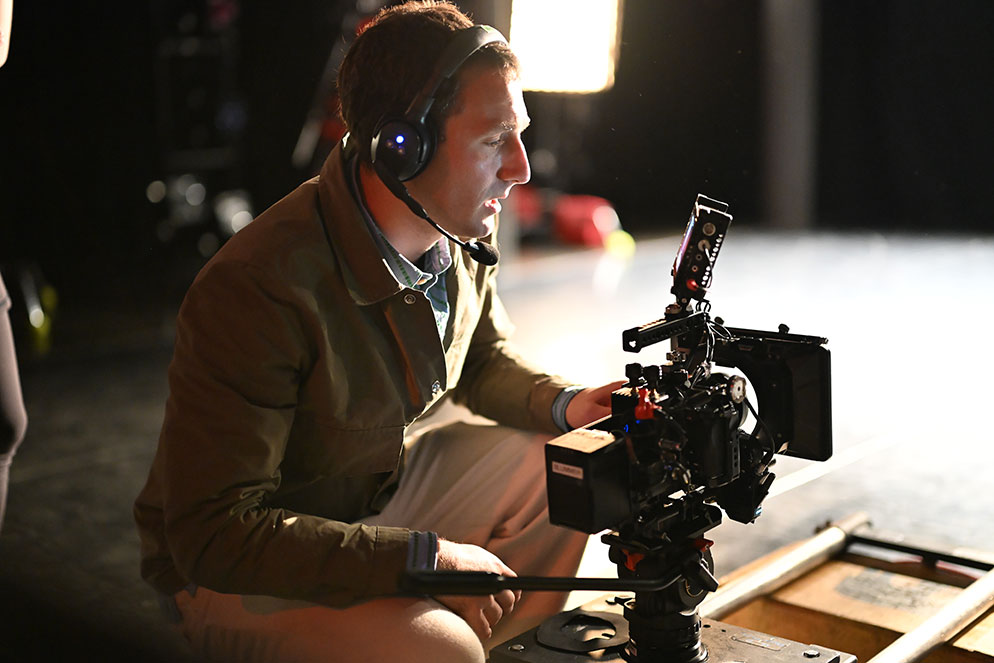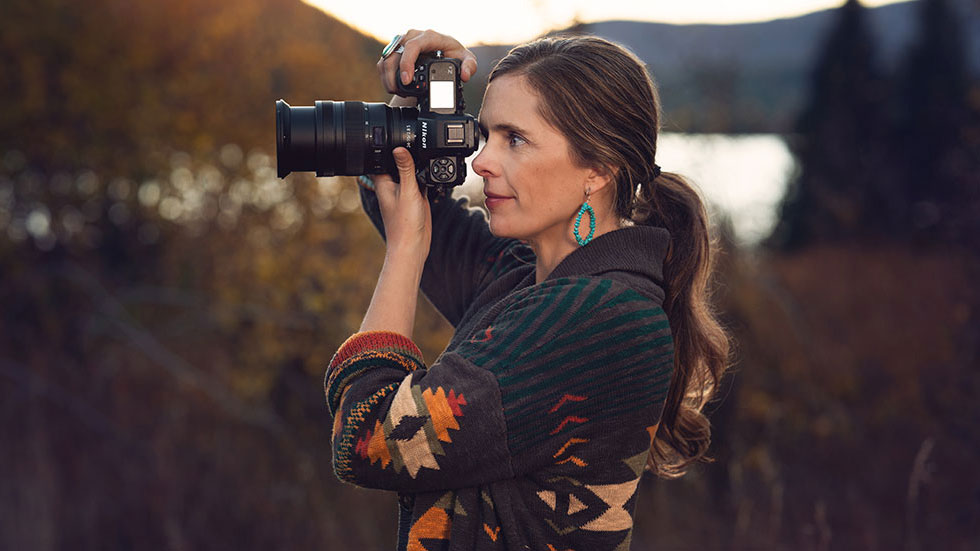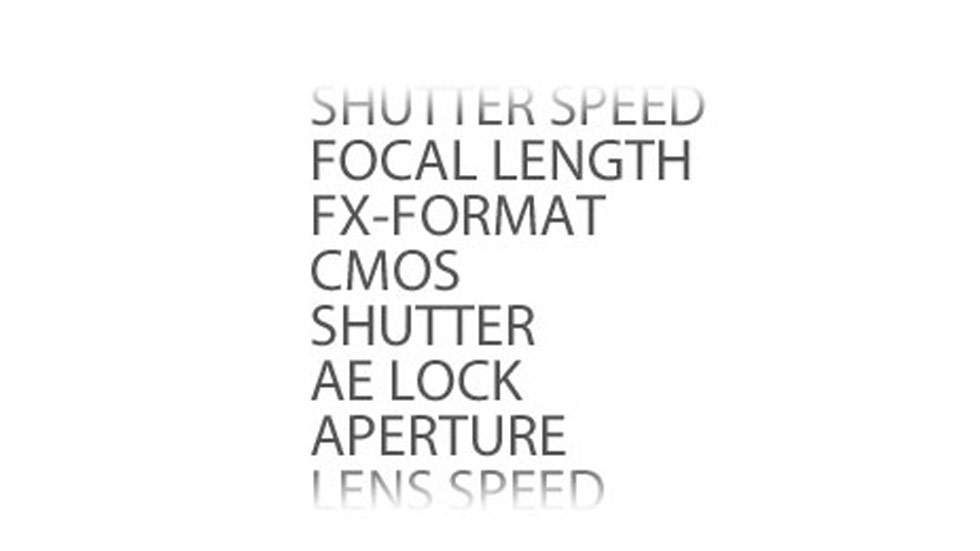Z6III: Filmmaking with a Remarkably Versatile Camera
What stands out is how concisely and gracefully the story is told. Every frame, every moment and movement counts; every mark is hit. We were proud to participate.
“Ballet is non-verbal storytelling,” says writer/director Victoria DeMartin. “It blends nicely with film.”
In her latest work, The Audition, Victoria puts this cinematic observation to the test. Along with cinematographer and producer Mitch Blummer, she chose a Z6III with vintage and modern NIKKOR lenses to tell the moving story of an aspiring dancer hoping to land an audition in New York City.
Capturing Cinematic Color
“My primary concern was making sure the lead character stood out,” says Victoria. “It was a pleasant surprise for me when I saw how beautiful [the image] looked on set.”
“We wanted to make something uplifting and inspiring,” says Mitch. “The data-rich image allowed me to make the tweaks we needed to get the image consistent.”
With 12-bits of color in the Z6III, the N-RAW format allowed them to capture over 68 billion colors, which resulted in beautiful skin tones and added flexibility to enhance colors in post-production.
With 12-bits of color in the Z6III, the N-RAW format allowed them to capture over 68 billion colors, which resulted in beautiful skin tones and added flexibility to enhance colors in post-production.
Choosing the Right Glass
“We wanted it to feel realistic, cinematic, filmic,” Victoria says, “and very personal and graceful.”
To get the right look, the duo turned to the legacy of NIKKOR lenses, from the vintage AI-S lenses paired to FTZ II adapters that are often used in Hollywood blockbusters to modern NIKKOR Z lenses.
As Mitch says, “[We brought] the all-star lineup of NIKKOR lenses,” including the 1980s vintage AI-S lenses: 18mm f/3.5 • 24mm f/2 • 28mm f/2 • 35mm f/1.4 • 50mm f/1.2 • 85mm f/1.4 • 105mm f/1.8 • 135mm f/2. Paired with this set was a modern cinematic legend, the Noct, the NIKKOR Z 58mm f/0.95 S Noct, which continues to be used in modern Hollywood blockbusters.
Creating the Rig
“The big thing for me was working with the camera physically,” Mitch says. “I like shooting with a small camera, and the idea is to build it into a form factor that I can work with smoothly.”
“I built the Z6III up so I could work in a very streamlined way, and the [SmallRig] cage was an essential part of that. When you’re shooting as fast as we were—and especially when you’re shooting dance—you have to be able to swing the rig around, so everything has to be solidly built.”
“A lot of [the dancers] were not actors. They are professional dancers,” Victoria says, as she explains what made the Z6III the truly perfect pairing. “The camera was small, and [the dancers] didn’t really notice it. They could dance and not pay attention to a camera right in their face.”
What pros know is that when technology supports art, there are practically no limits, but when it’s a two-day shoot, both elements are in for a challenge. Take a look.
The websites of Victoria and Mitch, respectively located at victoriademartin.com and mitchblummer.com, feature details of their filmmaking experience and accomplishments.






